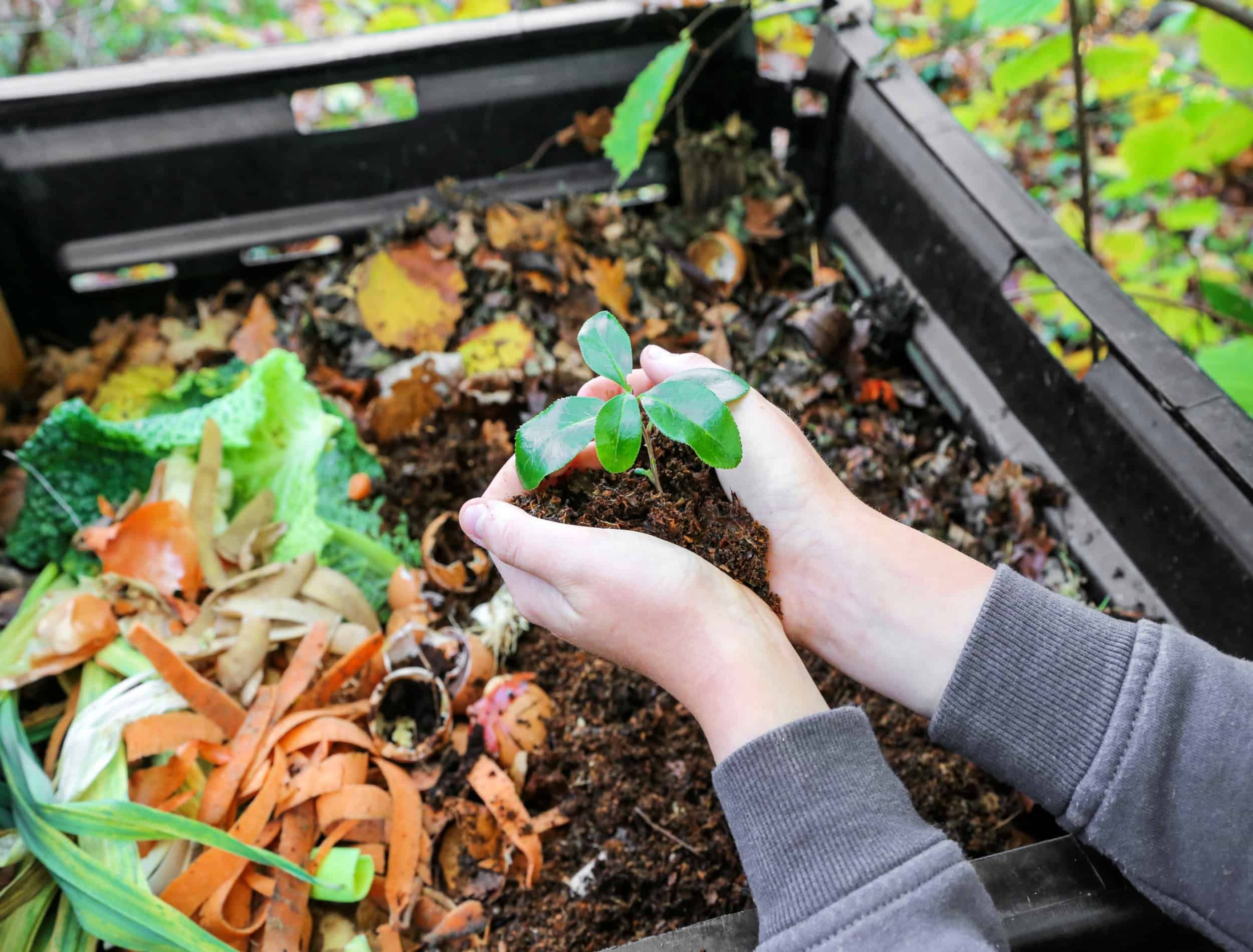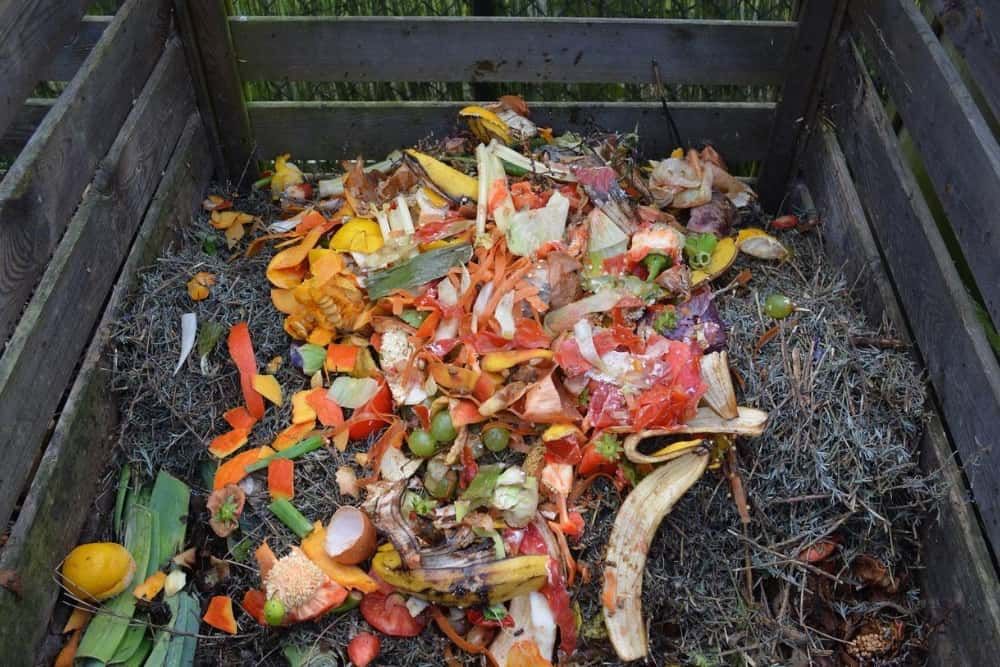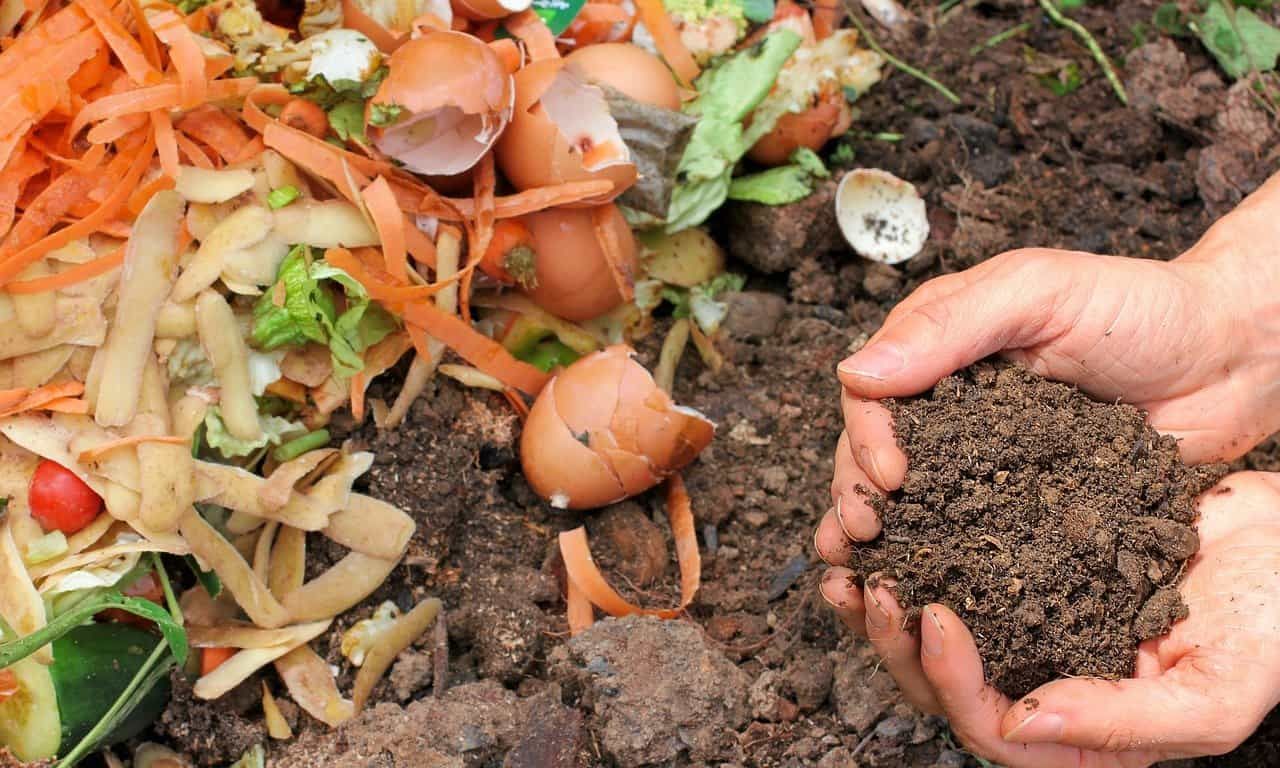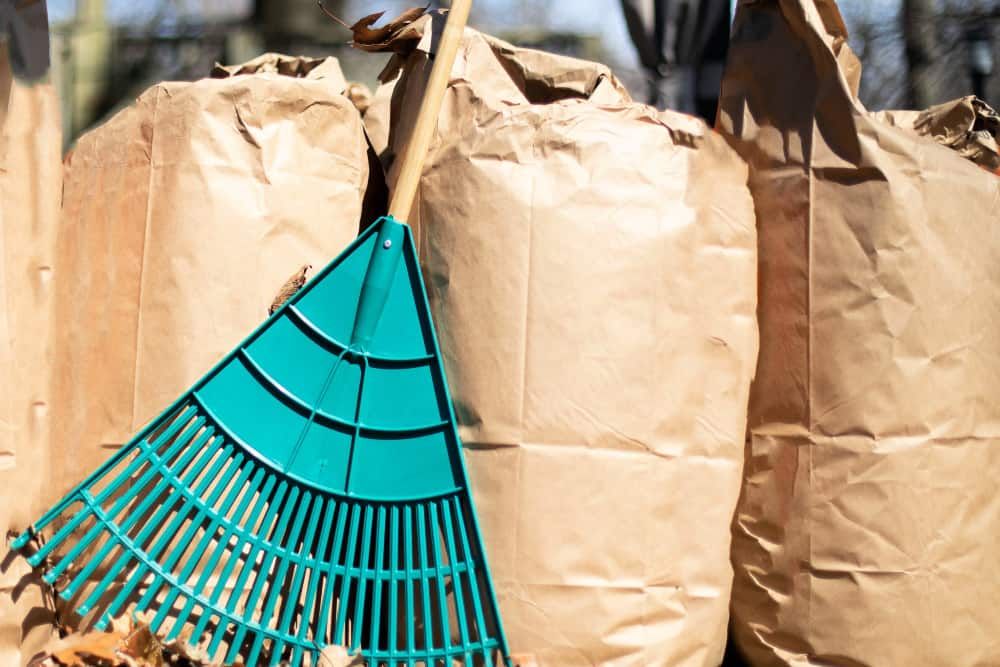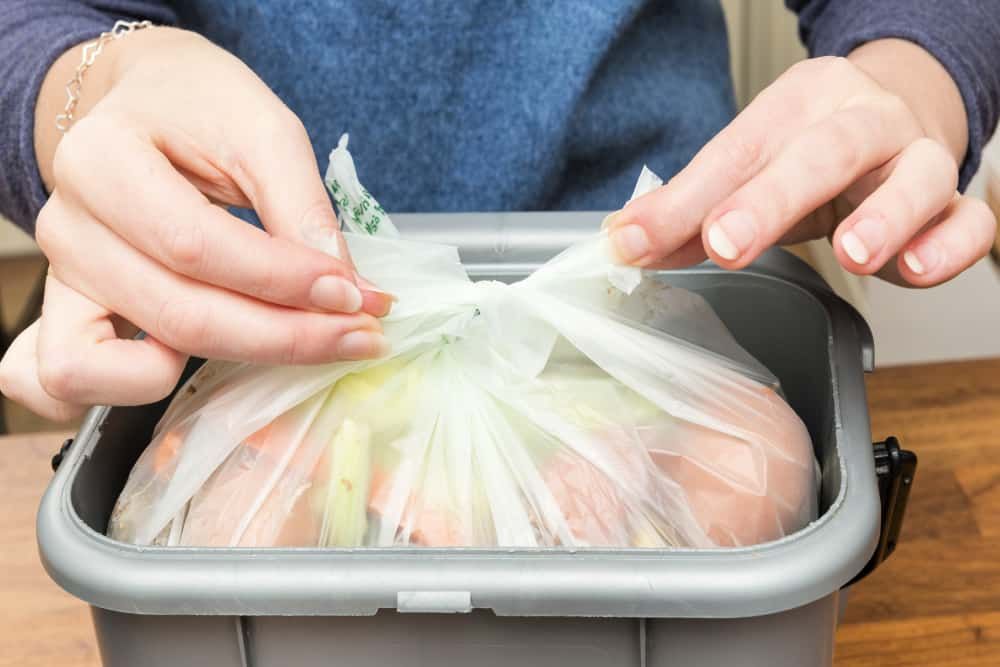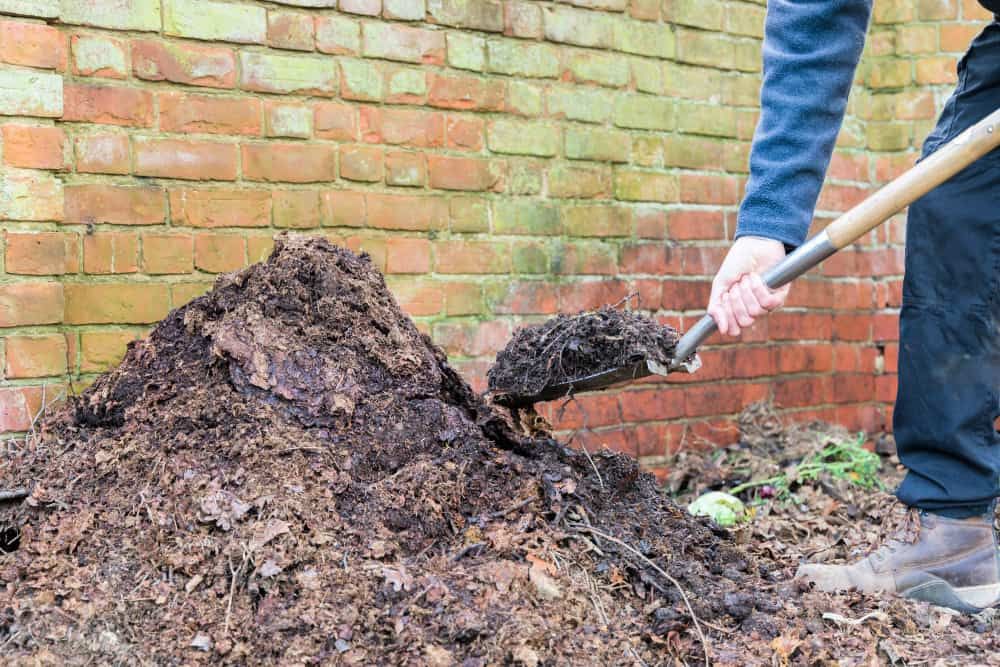Compost is an excellent addition to your garden. It's a natural alternative to chemical fertilizers and will divert your waste from landfills, lessening your environmental impact. Plus, it's incredibly easy to make your own using leftover foods, plant materials such as leaves and grass, and other biodegradable materials.
Whether you're in the process of making it, or your compost is ready for action, you'll need to properly store it. In this guide, you'll discover how and where to store compost, all the different tools you'll need, as well as how long you can store it.
Tools You'll Need
Image credits: Yuliia Chyzhevska via Canva
When it comes to storing compost, there are several tools you'll need. Some of them are optional depending on the method you choose, while others are essential for keeping the compost moist and aerated. Check them out below.
- Composting materials
- Compost bin
- Tarp
- Compost storage bag or garbage bag
- Gardening fork
- Garden fertilizer
- Hydrated lime
- Misting bottle
How to Store Compost
In a Bin
Image credits: Ben_Kerckx via Pixabay
Storing compost in a bin is a popular option. You can store the compost in the same bin in which you make it or a larger bin where you collect compost. Regardless, compost bins come in many different sizes and are easy to make at home. You can also purchase one at the store.
Air circulation is essential for the compost in bins, so be sure to drill holes in the bin you DIY or opt for something that is already perforated. A bin with a lid is best for maintaining moisture and protecting the compost from animals. You should turn your compost every few days to make sure everything decomposes properly and ensure that you're getting proper aeration.
In a Pile
Image credits: melGreenFR via Pixabay
You can also store compost outside in a pile, though it is beneficial to implement a fence or mesh wire around the area to block pests and rats. You can continue to add to the compost pile since space isn't as limited. Plus, worms can get in and shed their castings, which will give you the benefits of worm composting without the work.
You can keep a tarp over the to maintain the moisture and stop animals from getting in. Remember that you need to turn the compost pile every few days with a gardening fork depending on the type of materials you are using. This will help the compost break down by exposing it to fresh air, which will break down the organic matter.
In a Bag
Image credits: sockagphoto via Shutterstock
You can also store compost in storage bags or plastic garbage bags that are around 30 to 40 gallons. The bags are ideal for collecting leaves and other moist plant matter and you can keep them out of sight in a shed or garage.
Compost in a bag should be ready in about six months to a year. This process takes longer because it's done without oxygen (anaerobic). You can add 1 tablespoon of garden fertilizer and 1 cup of hydrated lime to counteract the acidity this method can create.
Once you've filled the bag, add about a quart of water. Close it tightly and store it wherever you please, as long as the area stays warm during the cooler months. It's important to keep your bags shut tight because this breakdown process of this compost can get pretty smelly
Where to Store Compost
Image credits: photographyfirm via Shutterstock
You can store compost indoors or outdoors, though you should always protect it from extreme heat or cold. Microbes break down if the compost becomes too hot or dry, so keep it moist and in a shaded area.
As a general rule, keep the compost in a heated space during the winter and out of direct sunlight during the summer. If it's in a pile outdoors, cover it with a waterproof, insulating material such as a tarp.
While you can keep compost outdoors, keeping it in bins and bags in a shed or garage will help prevent pests. You can also use an indoor countertop compost bin if you make minimal compost or transfer it to a larger compost container or pile.
How Long to Store Compost
Image credits: Paul Maguire via Shutterstock
Compost is ready when you see an earthy-smelling, rich substance similar to organic soil. After it appears ready, it's best to let it "mature" for at least a couple of months.
If stored properly, compost can be used indefinitely. That being said, its nutrients can deplete over time. With that in mind, there are several ways to revive old compost, such as adding fresh organic material or worms.
Likewise, continuing to add more material and food scraps to your pile will help it last longer. Remember to mix the compost once or twice a month and mist with water to maintain moisture levels.
Compost It!
Compost improves drainage for your plants, and is also nutrient-rich, making it an excellent source of food in your garden. It is beneficial to the growth of fruits and vegetables, so you may want to store it for use in your garden. Compost is continuously decomposing, so correct storage and care are important.
Controlling moisture levels and mixing to provide oxygen and aeration is key (depending on the method you use). You can store it indoors or outdoors, as long as it doesn't become too hot or too cold. A bin, pile, or bag are all accessible and convenient options for storing your compost, whether it is ready to use or just getting started.
Will you be storing your compost using one of these methods? Share in the comments below!

